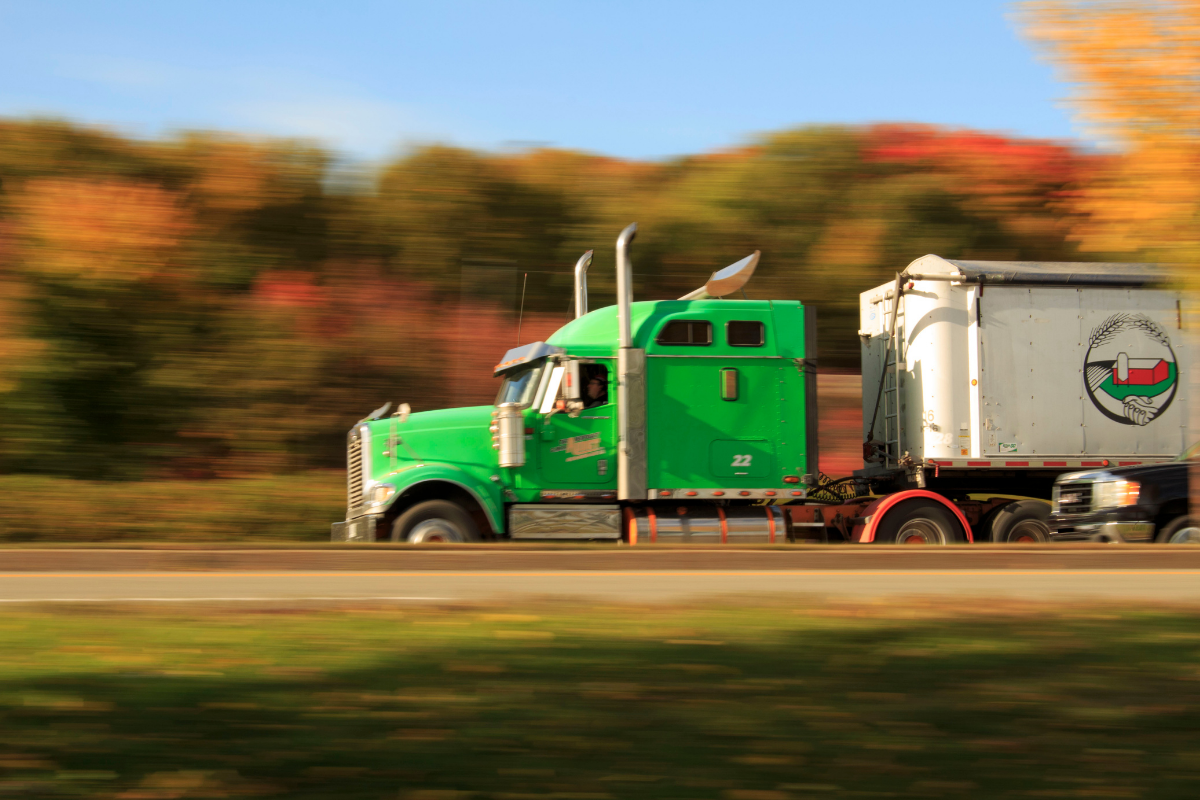The trucking industry is the backbone of the American economy, quietly yet powerfully keeping goods moving across vast distances. When you think about what makes our nation tick, trucks are often overlooked. Yet, they deliver nearly 72% of all freight transported in the U.S., touching almost every aspect of daily life.
From food and clothing to building materials and essential supplies, trucks ensure that products reach consumers and businesses alike. They connect rural communities with urban markets while supporting countless industries along the way. As we dive deeper into this vital sector, it’s important to understand not just its importance but also its challenges and opportunities for growth. Buckle up as we explore how trucking fuels our economy!
The Role of Trucking in the US Economy
Trucking is the backbone of the US economy. It connects manufacturers, retailers, and consumers across vast distances. Without it, our shelves would be empty.
Every day, thousands of trucks traverse highways, delivering goods essential for daily life. From food to electronics, trucking ensures that products reach their destinations in a timely manner.
The industry also supports local economies by facilitating trade and enabling businesses to thrive. Small companies depend on reliable transportation services to expand their market reach.
Moreover, trucking plays a vital role in supply chain management. Efficient logistics mean reduced costs for businesses and better prices for consumers.
As online shopping continues to rise, the demand for trucking grows even more critical. This sector adapts quickly to changes in consumer behavior and technological advancements.
In essence, trucking is not just about moving freight—it’s about driving economic growth across the nation.
Economic Impact of the Trucking Industry
Every mile driven generates revenue not only for trucking companies but also for ancillary businesses like fuel stations and maintenance providers. These interactions create a ripple effect throughout local economies, fostering growth in communities nationwide.
Moreover, the industry’s adaptability enhances its economic impact. During crises or shifts in demand, trucking swiftly adjusts routes and services to meet needs promptly.
The role of brokers cannot be overlooked either; they facilitate connections between shippers and carriers, ensuring smooth operations within this intricate network. Their efficiency plays a crucial part in optimizing logistics and reducing delays across supply chains.
As e-commerce continues its rise, the importance of reliable trucking becomes even more pronounced in driving sustained economic development.
Challenges Faced by the Trucking Industry
The trucking industry faces numerous challenges that can impact its efficiency and profitability. One significant issue is the ongoing driver shortage. Many experienced truck drivers are retiring, and younger generations often overlook this career path.
Regulatory compliance is another hurdle. New laws regarding safety standards, emissions, and hours of service require constant adjustments from trucking companies.
Fuel prices also pose a substantial challenge. Fluctuating fuel costs can erode profit margins quickly. Companies must adapt to these changes or risk financial strain.
Additionally, supply chain disruptions have become more common in recent years. Factors such as natural disasters or geopolitical events can cause delays that affect deliveries nationwide.
Technology adoption plays a dual role; while it enhances operations through automation and route optimization, the initial investment can be daunting for smaller firms trying to remain competitive in an evolving market.
Job Opportunities in the Trucking Industry
The trucking industry is a vast landscape of job opportunities. With the constant demand for freight transportation, various roles are available.
Drivers remain at the forefront, with positions ranging from long-haul to local deliveries. Each path offers unique schedules and experiences, catering to different lifestyles.
But it’s not just behind the wheel that jobs exist. Logistics coordinators play a crucial role in managing shipments and ensuring timely deliveries. Their expertise helps streamline operations.
Brokers also find their niche by connecting shippers with carriers, negotiating contracts that keep goods moving efficiently across the country.
Additionally, maintenance technicians ensure trucks operate smoothly on the road. They are essential in preventing breakdowns and maintaining safety standards.
With e-commerce booming, more positions will likely emerge as businesses seek reliable transport solutions to meet consumer demands seamlessly. The trucking sector presents diverse career paths for those ready to embark on this rewarding journey.
The Future Outlook for the Trucking Industry
The trucking industry stands as a vital artery for the US economy, facilitating the movement of goods and services across vast distances. As e-commerce continues to surge, the demand for efficient trucking solutions is likely to grow even more pronounced.
Technological advancements are set to reshape how trucking operates. The integration of automation and artificial intelligence can optimize routes and enhance safety measures. This shift may streamline operations, reducing costs for both carriers and brokers while improving delivery times.
However, challenges such as regulatory changes and driver shortages remain critical issues that need addressing. The industry’s ability to adapt will play a significant role in its sustainability and growth moving forward.
Employment opportunities will also evolve within this sector. With an increase in logistics roles and tech-related jobs emerging alongside traditional driving positions, there’s potential for a diverse workforce catering to various aspects of the industry.
As we look ahead, it’s clear that trucking will continue to be integral to America’s economic framework. Its capacity not only supports local businesses but also strengthens national trade relationships. And TOP Worldwide will continue to work collaboratively with drivers and customers to navigate these obstacles while maximizing opportunities that lie ahead in this ever-evolving landscape. Contact TOP for more information.
 Jeff Berlin
Jeff Berlin
is the Chief Operating Officer of E.L. Hollingsworth & Co. and serves as the Senior Operations Executive for TOP Worldwide and Native American Logistics. With over 30 years of experience leading logistics and trucking companies, he brings deep industry expertise to his role. Jeff is also a CDL-A driver and a private pilot. Contact Jeff at jberlin@elhc.net.


